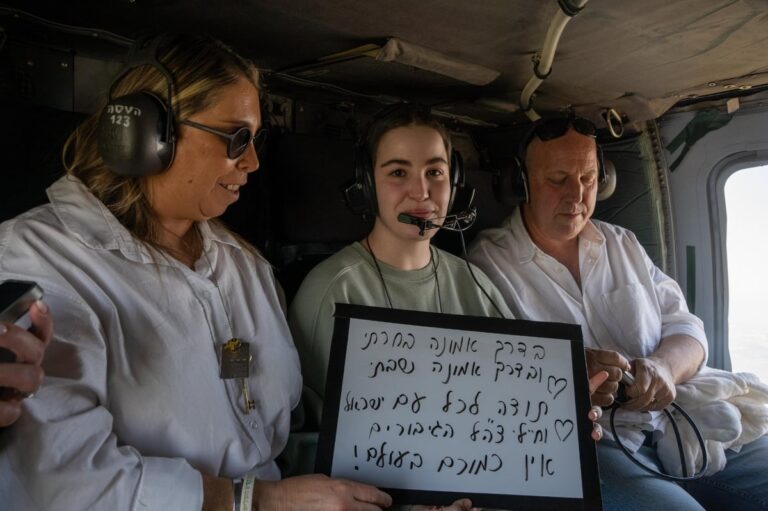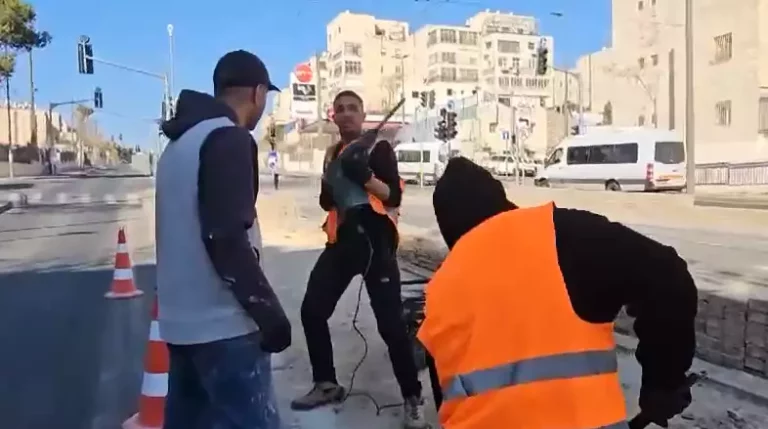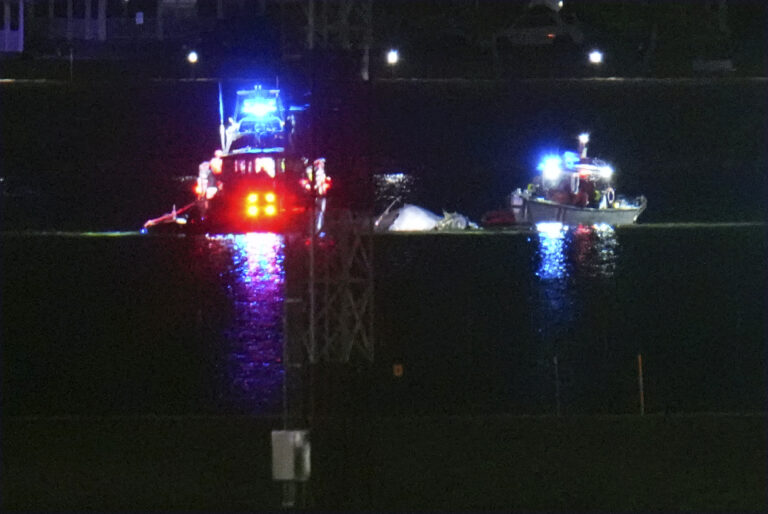Temperatures in Israel are expected to continue climbing this week, reaching 89F (32C) in Jerusalem on Sunday, 1 Tammuz, and getting into the high 90s (30S) as the week continues. The forecast for some other areas is considerably hotter, with Tiveria reaching 100F (38C) on Sunday, climbing to 108F (423C)later in the week.
A heat wave is set to hit Israel in the coming days, with extraordinarily high temperatures. On exceptionally hot days, more calls are received at MDA’s 101 emergency number with people reporting of weakness, fatigue, fainting, dehydration and heat strokes, requiring MDA to raise its preparedness level. The heat can be hazardous for anyone, especially toddlers and the elderly. Follow MDA’s safety guidelines to avoid any heat-related physical harm.
- Stay hydrated: drink enough water, even when you’re not thirsty. The recommended water intake per day is three liters. Cold water is favorable over hot water. Opt for water rather than soft drinks.
- Left the house? Ensure to rest in a cool, shaded place, use SPF, wear hats as well as other appropriate clothing.
- Toddlers in cars: take all necessary measures to ensure no babies and children are left behind in parked cars. The temperature in a parked car can skyrocket within minutes and could cause a heat stroke and even death. Do not leave babies and children unattended in the car, even with the windows open. If necessary, leave them with a cold beverage, the AC on, and a responsible adult.
- Physical activity: avoid physical activity altogether during the hottest hours of the day. If you engage in any physical activity past those hours, ensure to hydrate.
- Going to the beach? Use highly protective SPF and avoid extended exposure to sunlight. Avoid visiting the beach during the hottest hours of the day, and opt the morning and afternoon hours, when temperatures are more convenient. Additionally, only swim in beaches supervised by a lifeguard.
- Employees exposed to the heat and sun: wear clothes that allow the body to perspire. Take longer breaks in the shade or in the AC and drink often.
- In case dehydration symptoms are experienced such as headaches, lightheadedness or weakness, stop any physical activity, stay in a cool, shaded place and drink as much as you can.
- In case heat stroke symptoms are experienced such as fainting, blurred vision, confusion and increased body temperature, call MDA using the 101 number and adhere to the instructions of the EMTs and paramedics at the dispatch center. Until the arrival of an MDA team to the scene, remove the clothes of the patient to allow cooling, spray them with water and blow wind towards him or her.
- It is importance to pay close attention to babies, toddlers, the elderly and the disabled to ensure they aren’t showing any dehydration or heat stroke symptoms. Keep water around at all time. MDA is calling families of the elderly and disabled to keep in touch with them regularly and at a higher frequency to ensure they are well.
MDA Chief of Operations Eli Bin adds, “During the hot summer days, and the following exceptionally hotter days, MDA is remaining especially prepared to respond to more emergency calls. I call everyone to adhere to MDA’s recommendations and do everything in their power to avoid heat-related physical harm. Unfortunately, this summer we’ve already witnessed a tragic case in which a child was left in a parked vehicle. I call anyone who drives with toddlers to do anything in their power to ensure no babies and children are left in the car. Please also look at other parked vehicles – a single look can save a life.”
(YWN – Israel Desk, Jerusalem)











